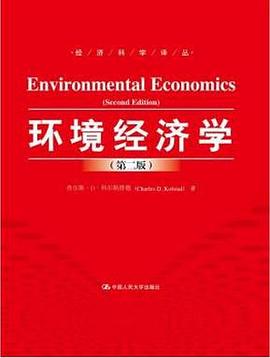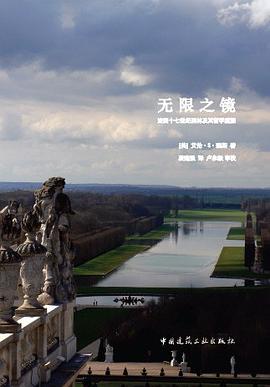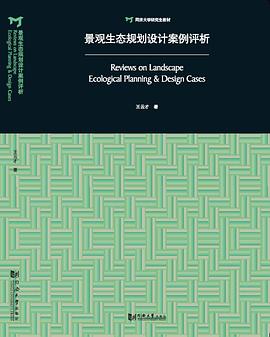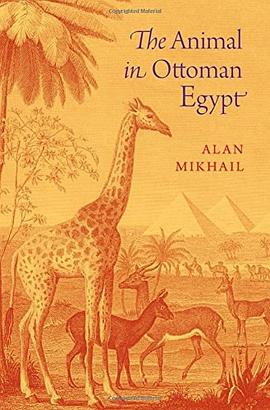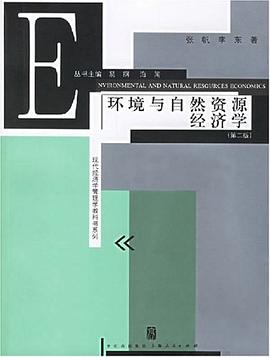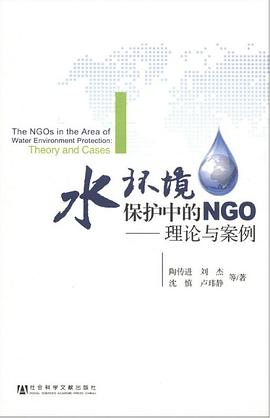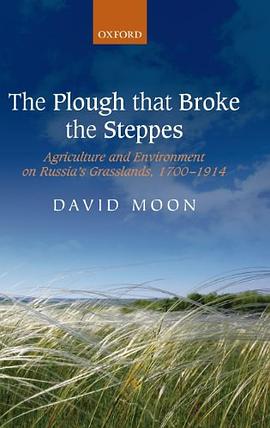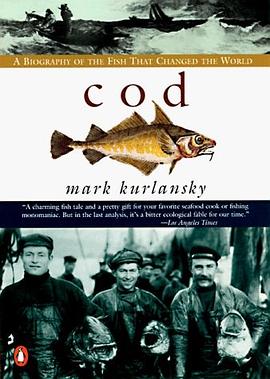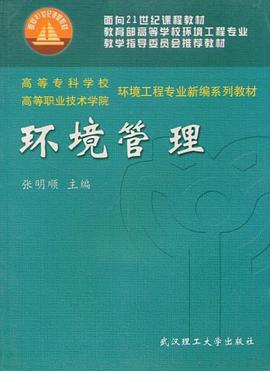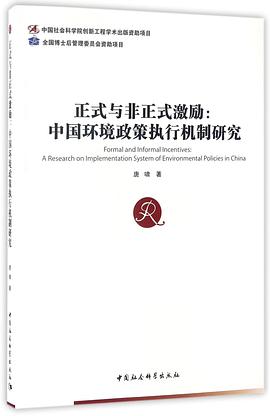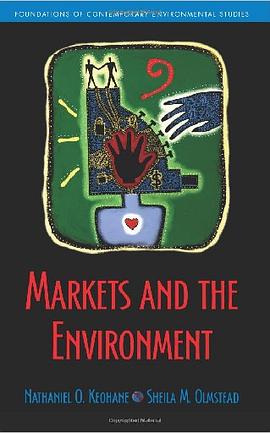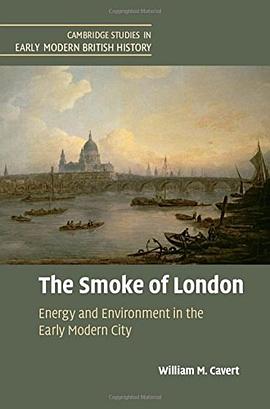

具體描述
http://www.cambridge.org/cn/academic/subjects/history/british-history-after-1450/smoke-london-energy-and-environment-early-modern-city?format=HB
The Smoke of London uncovers the origins of urban air pollution, two centuries before the industrial revolution. By 1600, London was a fossil-fueled city, its high-sulfur coal a basic necessity for the poor and a source of cheap energy for its growing manufacturing sector. The resulting smoke was found ugly and dangerous throughout the seventeenth and eighteenth centuries, leading to challenges in court, suppression by the crown, doctors' attempts to understand the nature of good air, increasing suburbanization, and changing representations of urban life in poetry and on the London stage. Neither a celebratory account of proto-environmentalism nor a declensionist narrative of degradation, The Smoke of London recovers the seriousness of pre-modern environmental concerns even as it explains their limits and failures. Ultimately, Londoners learned to live with their dirty air, an accommodation that reframes the modern process of urbanization and industrial pollution, both in Britain and beyond.
Describes early modern understandings of environmental pollution, transcending scholarly consensus that only industrialized modernity has prompted any kind of environmentalism
Offers a more rounded account of environmentalism that recovers pre-modern environmental concern and yet also explains its limits and failures
Places ideas and events firmly within their early modern context, but also shows the legacy they left to modern Britain and to the rest of the industrializing world
著者簡介
William M. Cavert, University of Cambridge
William M. Cavert is a historian of early modern Britain focusing on urban and environmental history, holding a PhD from Northwestern University, Illinois. He has published 'The Environmental Policy of Charles I: Coal Smoke and the English Monarchy, 1624–1640' in the Journal of British Studies, as well as related studies in Global Environment and Urban History. His work has been supported by grants from The Mellon Foundation, the Huntington Library, the Horowitz Foundation for Social Policy, Northwestern University, the University of Cambridge, and the University of St Thomas, Minnesota, and by a fellowship at Clare College, Cambridge. His current research examines Britain during the Little Ice Age, focusing on cold winters, disasters, and relationships with animals.
圖書目錄
Part I. Transformations:
1. The early modernity of London
2. Fires: London's turn to coal, 1575–1775
3. Airs: smoke and pollution, 1600–1775
Part II. Contestations:
4. Royal spaces: palaces and brewhouses, 1575–1640
5. Nuisance and neighbours
6. Smoke in the scientific revolution
Part III. Fueling Leviathan:
7. The moral economy of fuel: coal, poverty, and necessity
8. Fueling improvement: development, navigation, and revenue
9. Regulations: policing markets and suppliers
10. Protections: the wartime coal trade
Part IV. Accommodations:
11. Evelyn's place: fumifugium and the royal retreat from urban smoke
12. Representations: coal smoke as urban life
13. Movements: avoiding the smoky city
Epilogue
Bibliography
Index.
· · · · · · (收起)
讀後感
評分
評分
評分
評分
用戶評價
How the demand for coal shaped London during the 16th and 19th century.
评分How the demand for coal shaped London during the 16th and 19th century.
评分How the demand for coal shaped London during the 16th and 19th century.
评分How the demand for coal shaped London during the 16th and 19th century.
评分How the demand for coal shaped London during the 16th and 19th century.
相關圖書
本站所有內容均為互聯網搜索引擎提供的公開搜索信息,本站不存儲任何數據與內容,任何內容與數據均與本站無關,如有需要請聯繫相關搜索引擎包括但不限於百度,google,bing,sogou 等
© 2025 book.quotespace.org All Rights Reserved. 小美書屋 版权所有

